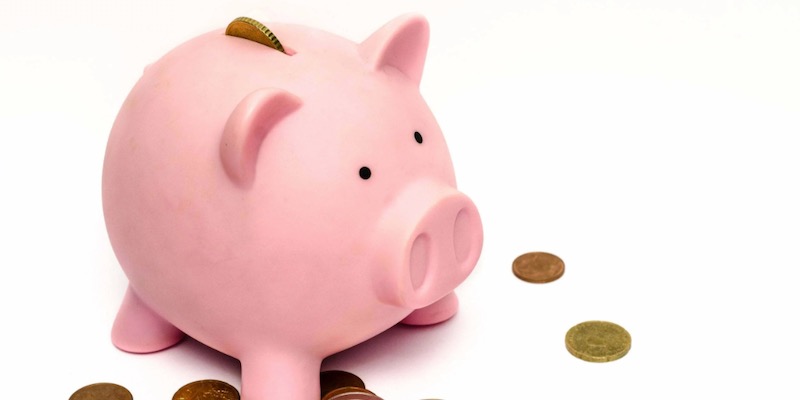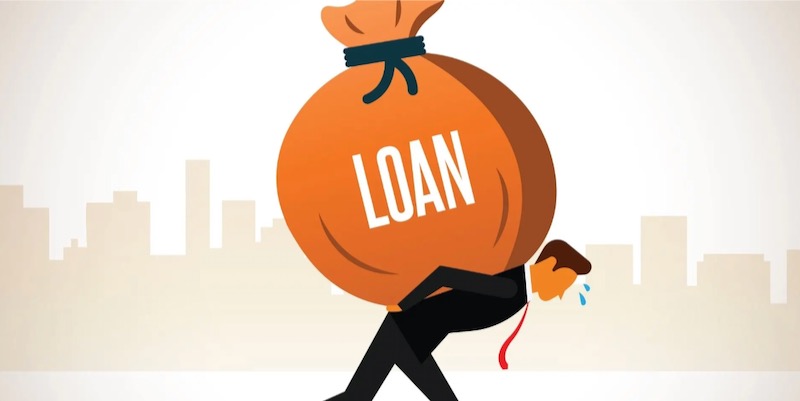What Is a Purchase Money Mortgage and Current Investment Property Loan Rates?
Nov 10, 2023 By Triston Martin
A Purchase Money Mortgage financing arrangement enables the potential buyer of a house to purchase real estate in monthly or annual installments. This financing option is considered seller-financing as the buyer is not required to pay the total price in advance, and it also offers a current investment of the property loan rates instead of conventional financial institutions or other money market rates.
Let’s explore and simplify the fundamentals of purchasing a money mortgage, how it works, and the pros and cons associated with this type of financing.
The Fundamentals of Purchase Money Mortgage.
In this type of mortgage, the buyer becomes the borrower, and the seller of the property becomes the lender since they both agree to finance a portion of the purchase price in future installments. It can be a substitute for a traditional mortgage, in which case the buyer might have trouble getting a bank loan. It might impose a shorter payback period, a higher interest rate on the current investment property loan rates, or sometimes a lump sum payment at the end of the mortgaged period.
Simplified Working of a Purchase Money Mortgage Contract
This mortgage is mode of financing that the buyer utilizes when he is not able to secure a loan from the bank or otherwise when the seller offers him favorable terms and conditions at the current interest rate for investment property. It can be a first or second mortgage on the same property in addition to other liens. The buyer and seller of the property finalize the details of the sales contract, including interest rate, period, and schedule of amortization. The financing instrument used as evidence in purchase money mortgage is recorded and registered with relevant authorities for the protection of buyer and seller from potential disputes.
Difference Between Bank Mortgage and Purchase Money Mortgage.
In a bank mortgage, the buyer gets a loan from the financial institution or bank to purchase a property and pays finance charges at today's interest rates for investment property. During the term of the contract, the bank holds a lien on the property, and upon completion, the title will be transferred to the buyer.
In this arrangement, the seller provides financing to the buyer in return for some portion of the price as advance payment and remaining in monthly repayments. Here, the seller holds the title to himself until the completion of the contract.

Example
Let’s understand this concept through an example in which Mr. A plans to buy a home but cannot secure a loan from the bank. So, he asks Mr. B (the seller) to sell his $80,000/- house under a this mortgage, offering $25,000/- upfront. Mr. B agrees to charge a 7% interest rate for the coming five years, while monthly installments are based on 20-years duration.
In this way, Mr. A owns the house, but Mr. B has a money mortgage on it. Over the next five years, Mr. A will pay $426 p.m. to Mr. B, together with insurance and taxes. At the end of the agreement, Mr. B will receive a $47,000/- balloon payment and relinquish the mortgage.
Purchase Money Mortgages: Types
The following types of mortgages are available at current investment of your property loan rates.
Land Agreement
In this type of mortgage, the possession of the property is taken by the buyer immediately, while the price is to be paid later in monthly or annual installments.
Lease Purchase
Under this type of mortgage, the buyer binds themselves to purchase the property at the closure of the contract, and thereby, the title of the property would be transferred to the buyer from the seller after fulfilling all mentioned conditions.
Option to Purchase Arrangement
Like a lease-purchase agreement, this type requires the buyer to rent the house for a predetermined time. Once the time is past, they can buy it. So, they have the flexibility to rent it down and maximize today's interest rates for investment property instead of binding themselves to buy the property.

Hard Money Loans
In a hard money loan arrangement, the buyer can get a short-term loan from companies offering the home as collateral. The approval process for this type of loan is faster. It's faster because it depends on the current investment of your property loan rates at the price of a home. Therefore, the interest rates are higher in hard money loans.
Purchase Money Mortgage: Pros & Cons
The pros and cons associated with a Purchase money mortgage are important to know before entering into an arrangement.
Pros
- The possibility of obtaining financing in the absence of a good credit history
- Quicker arrangement as compared to the conventional mortgage
- Minimum transaction costs and charges
- Flexibility to negotiate advance payment, interest rate, and loan period
Cons
- A higher interest rate is charged as compared to a conventional mortgage.
- It usually requires a lump sum payment at the end of the contract
- If the buyer has poor credit, the seller might not enter into a contract
Conclusion
A kind of financing termed as a purchase money mortgage enables the buyer to purchase a property. This can be done without having to pay the entire amount in advance. The buyer repays the seller a portion of the sale price over time in monthly installments.
Both parties can gain from this financing option. Here, the purchaser can avoid certain institutional charges and help the seller sell the property more quickly. To eliminate the associated risks with purchasing a money mortgage, both parties should evaluate the terms of the contract carefully. Furthermore, in addition to the contract, they should get their instrument registered with relevant authorities for protection from disputes.

Feb 09, 2024 Triston Martin

Nov 10, 2023 Triston Martin

Feb 07, 2024 Susan Kelly

Mar 23, 2024 Triston Martin

Jan 24, 2024 Susan Kelly

Jan 22, 2024 Triston Martin